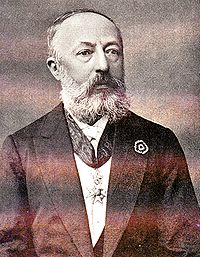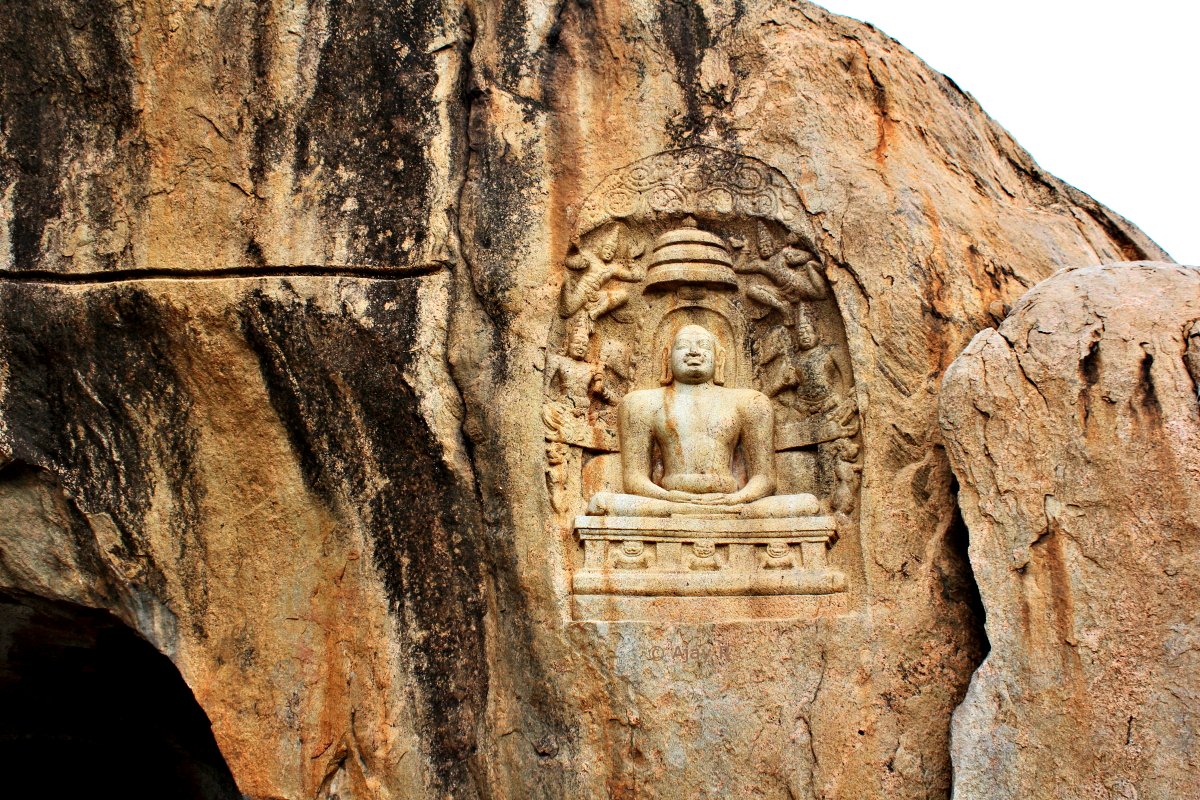iranicaonline.org/articles/de-go…

Reste arabischen Heidentums (1887)
archive.org/details/restea…
Prolegomena zur ältesten Geschichte des Islams (1899)
menadoc.bibliothek.uni-halle.de/ssg/content/ti…
archive.org/details/in.ern…
and his masterpiece, Das arabische Reich und sein Sturz (1902)
archive.org/details/dasara…
My source for this material is Suzanne L. Marchand’s wonderful book: German Orientalism in the Age of Empire: Religion, Race, and Scholarship (Cambridge, 2009)













